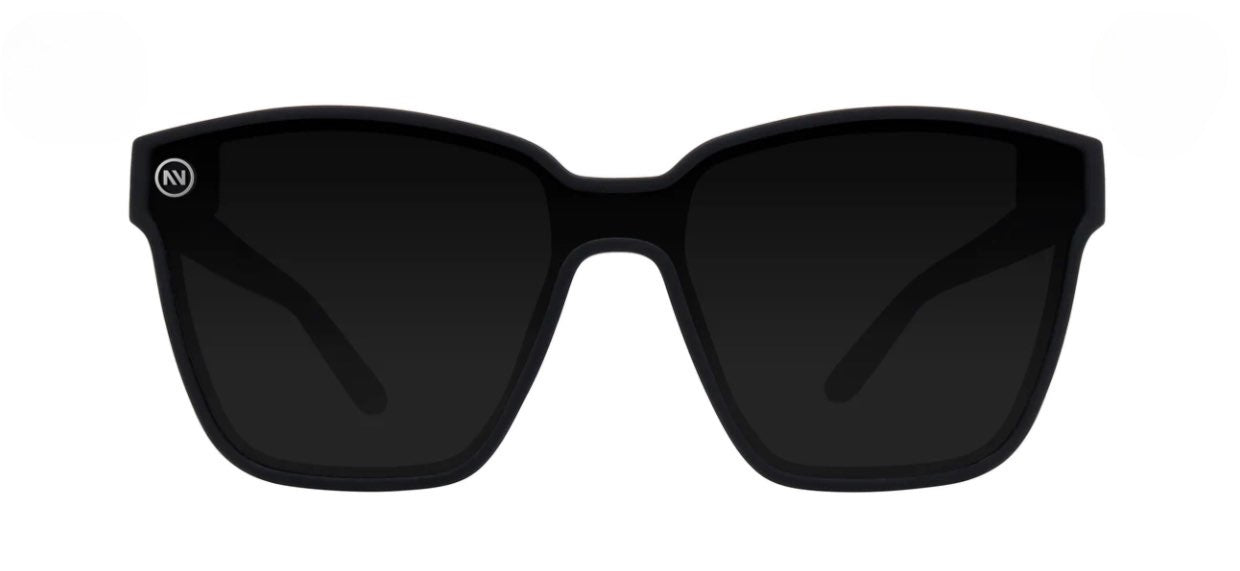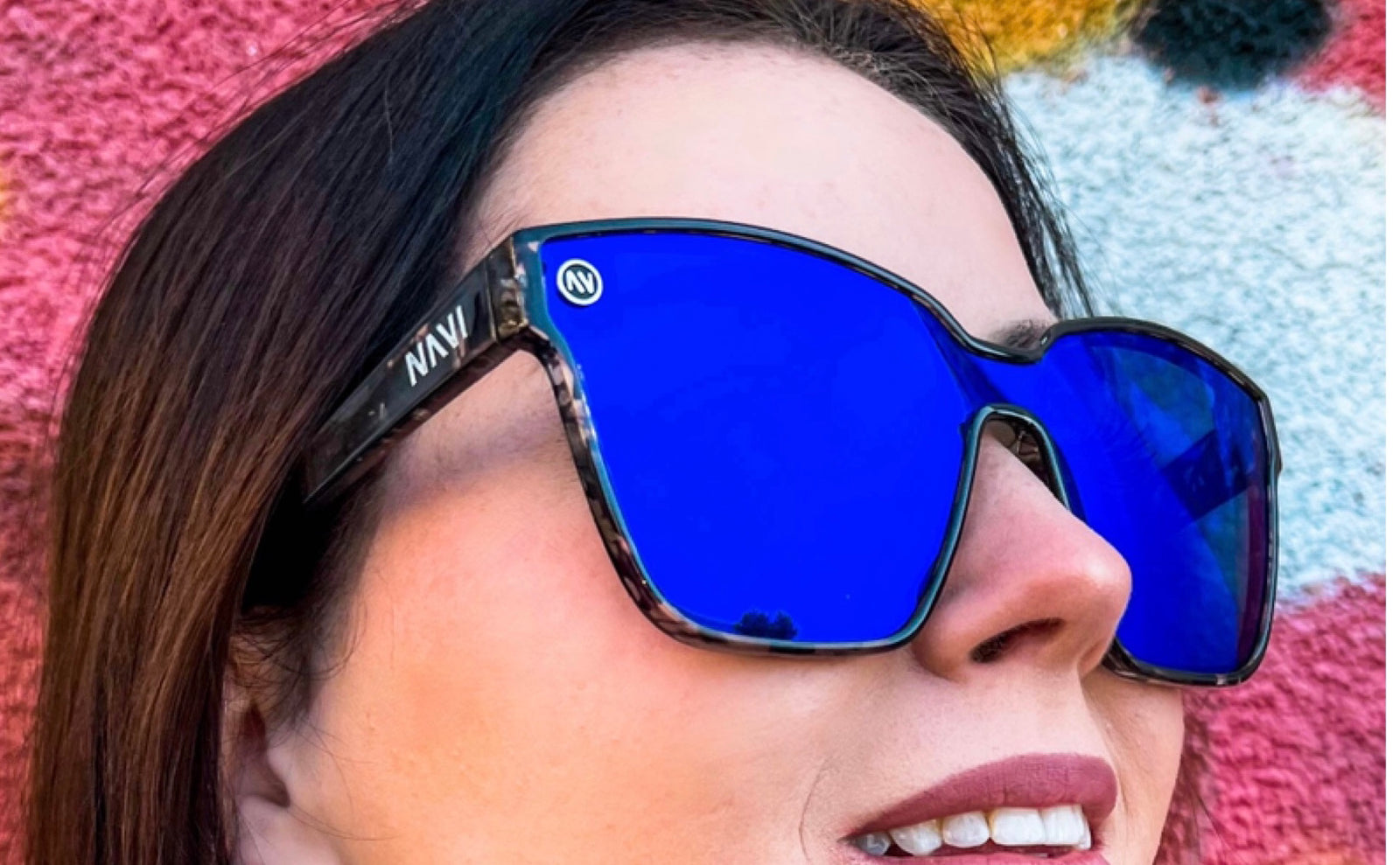Sunglasses are a popular accessory for many people, but for those with sensitive eyes, they can be a necessity. Sensitive eyes can be caused by a variety of factors, including allergies, medication side effects, and certain medical conditions. Choosing the right sunglasses can help protect your eyes and reduce discomfort. In this article, we will discuss how to choose sunglasses for people with sensitive eyes.
Table of Contents
- Understanding Sensitive Eyes
- Choosing the Right Lens Color
- Polarization and UV Protection
- Prescription Sunglasses
- Fit and Comfort
- Frame Material
- Wraparound Style
- Anti-Reflective Coating
- Cleaning and Maintenance
- Additional Tips and Precautions
- Conclusion
- FAQs
Understanding Sensitive Eyes
Sensitive eyes are characterized by discomfort or pain when exposed to light or certain environments. Common symptoms of sensitive eyes include redness, itchiness, watering, and burning sensations. Sensitive eyes can be caused by various factors, such as allergies, medication side effects, and certain medical conditions such as dry eye syndrome and cataracts. Sunglasses can help protect sensitive eyes by reducing the amount of light and glare that enters the eyes.
Choosing the Right Lens Color
The lens color of sunglasses can play an important role in reducing glare and brightness. For people with sensitive eyes, it is recommended to choose lenses with a neutral or gray tint. These colors help reduce brightness without distorting colors. Avoid lenses with yellow, orange, or pink tints, as they can increase brightness and glare.
Polarization and UV Protection
Polarization is a feature that reduces glare and improves clarity by filtering out reflected light. This feature can be beneficial for people with sensitive eyes, especially when driving or participating in water activities. Additionally, it is crucial to choose sunglasses with 100% UV protection to protect your eyes from harmful UV rays.
Prescription Sunglasses
If you wear glasses, prescription sunglasses may be the best option for you. They can provide the necessary UV protection and reduce glare while also correcting your vision. Talk to your optometrist to determine the best prescription sunglasses for your needs.
Fit and Comfort
The fit and comfort of sunglasses are important for everyone, but especially for people with sensitive eyes. Sunglasses that are too tight can cause discomfort, while those that are too loose can allow light to enter from the sides. Look for sunglasses that fit snugly but comfortably on your face and have adjustable nose pads and temple tips.
Frame Material
Sunglasses frames can be made from a variety of materials, including metal, plastic, and acetate. For people with sensitive skin, hypoallergenic materials such as titanium and stainless steel may be the best option. Additionally, lightweight materials such as nylon and polycarbonate can provide comfort for extended wear.
Wraparound Style
Wraparound sunglasses provide additional protection by blocking light from entering the eyes from the sides. They are especially useful for people with sensitive eyes who spend time in bright and sunny environments.
Anti-Reflective Coating
An anti-reflective coating can help reduce glare and increase clarity. This feature is beneficial for people with sensitive eyes, as it can reduce discomfort and eyestrain.
Cleaning and Maintenance
Proper cleaning and maintenance of sunglasses are essential for extending their lifespan and ensuring they provide adequate protection. Use a microfiber cleaning cloth and a gentle cleaning solution to remove dirt and smudges. Avoid using paper towels or harsh chemicals that can damage the lenses or frames.
Additional Tips and Precautions
- Avoid purchasing sunglasses from street vendors or online retailers without reputable reviews.
- Consider purchasing sunglasses from well-known brands with a reputation for quality and durability.
- Store sunglasses in a protective case when not in use to prevent scratches and damage.
- Regularly check for signs of wear and tear, such as loose screws or damaged frames, and replace sunglasses as necessary.
- If you experience persistent eye discomfort or pain, consult with an eye doctor to rule out any underlying medical conditions.
Conclusion
Choosing the right sunglasses is essential for people with sensitive eyes. Consider factors such as lens color, polarization, UV protection, prescription needs, fit and comfort, frame material, wraparound style, anti-reflective coating, cleaning and maintenance, and additional tips and precautions. By taking these factors into account, you can find sunglasses that provide the necessary protection and reduce discomfort for your sensitive eyes.
FAQs
- Can wearing sunglasses prevent eye allergies?
- While sunglasses can provide some protection from outdoor allergens, they may not fully prevent eye allergies. Talk to an allergist or eye doctor for more information.
- Are polarized lenses better for sensitive eyes?
- Polarized lenses can be beneficial for people with sensitive eyes, as they reduce glare and improve clarity. However, not all polarized lenses offer UV protection, so be sure to choose sunglasses with 100% UV protection.
- How often should I clean my sunglasses?
- You should clean your sunglasses regularly, ideally after each use. Use a microfiber cleaning cloth and a gentle cleaning solution to remove dirt and smudges.
- Can wearing sunglasses indoors help with sensitive eyes?
- While wearing sunglasses indoors may reduce brightness, it is not recommended as it can make it difficult to see clearly and may cause eyestrain.
- Are expensive sunglasses worth the cost?
- Expensive sunglasses may offer better quality, durability, and features such as polarized lenses and UV protection. However, there are also affordable options that provide adequate protection and comfort for sensitive eyes. Consider your budget and needs when choosing sunglasses.




